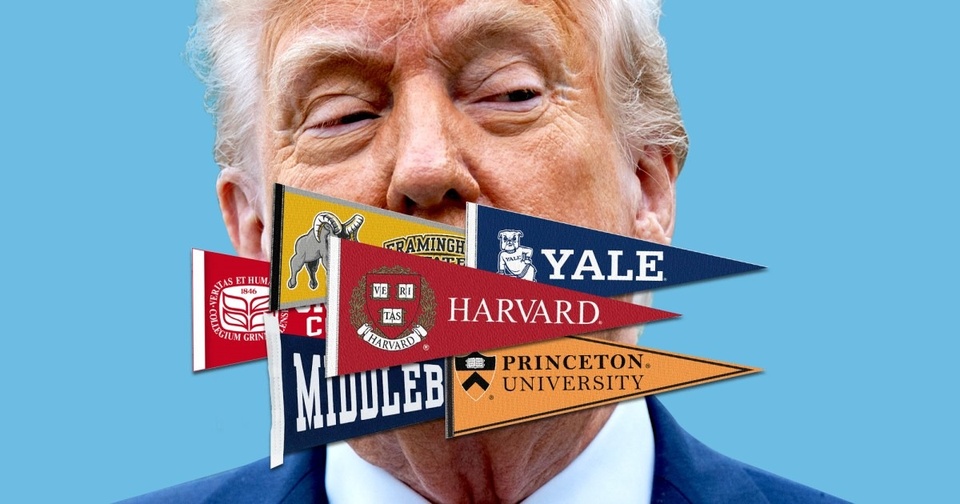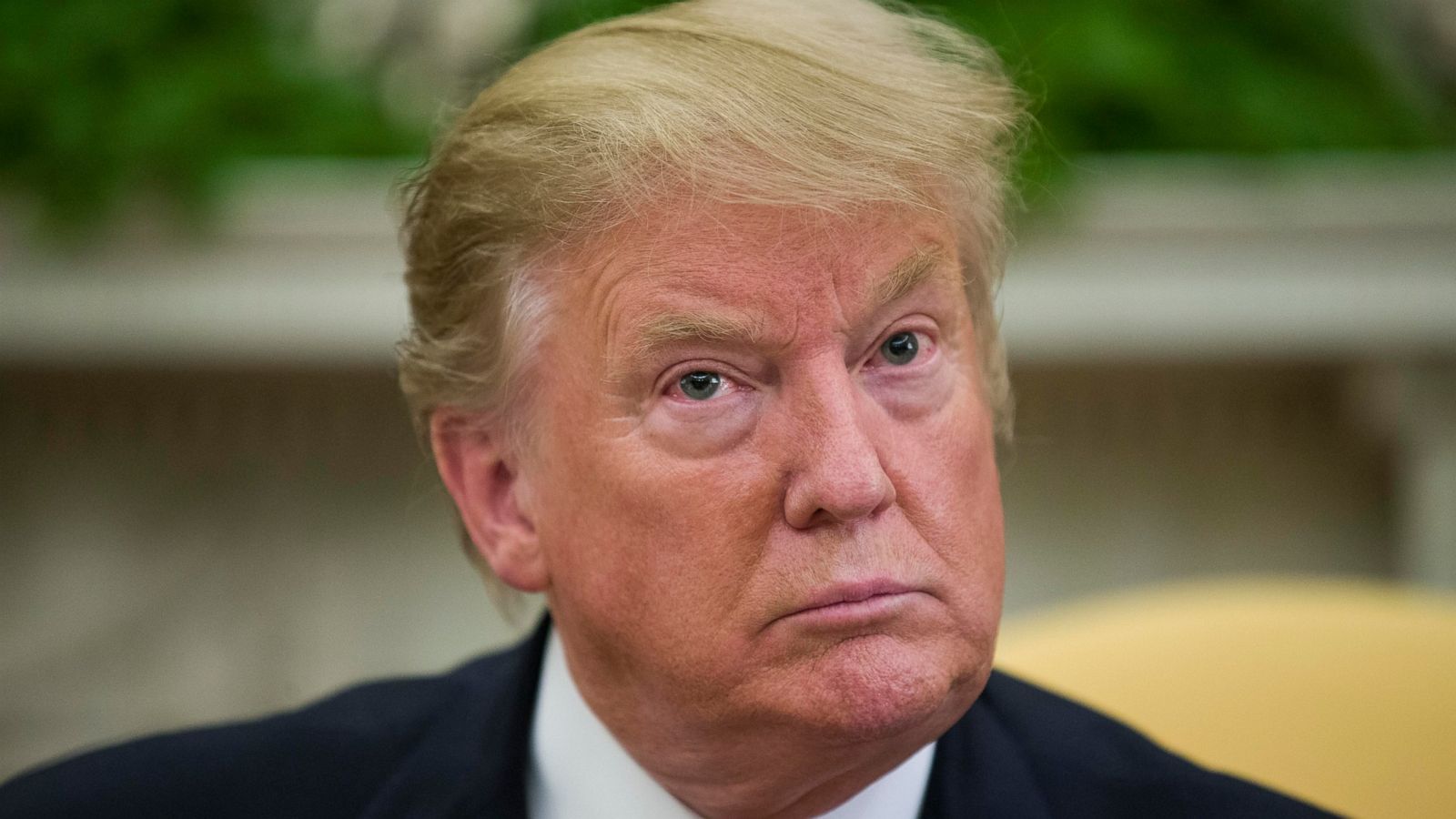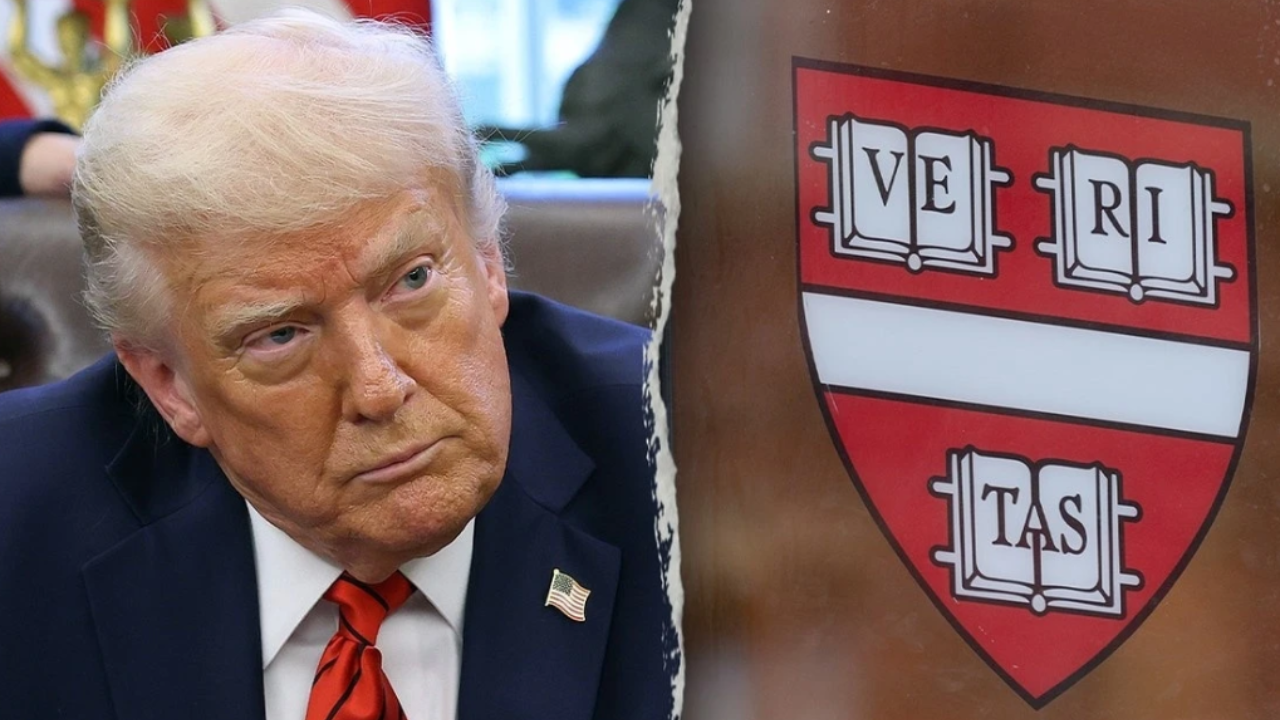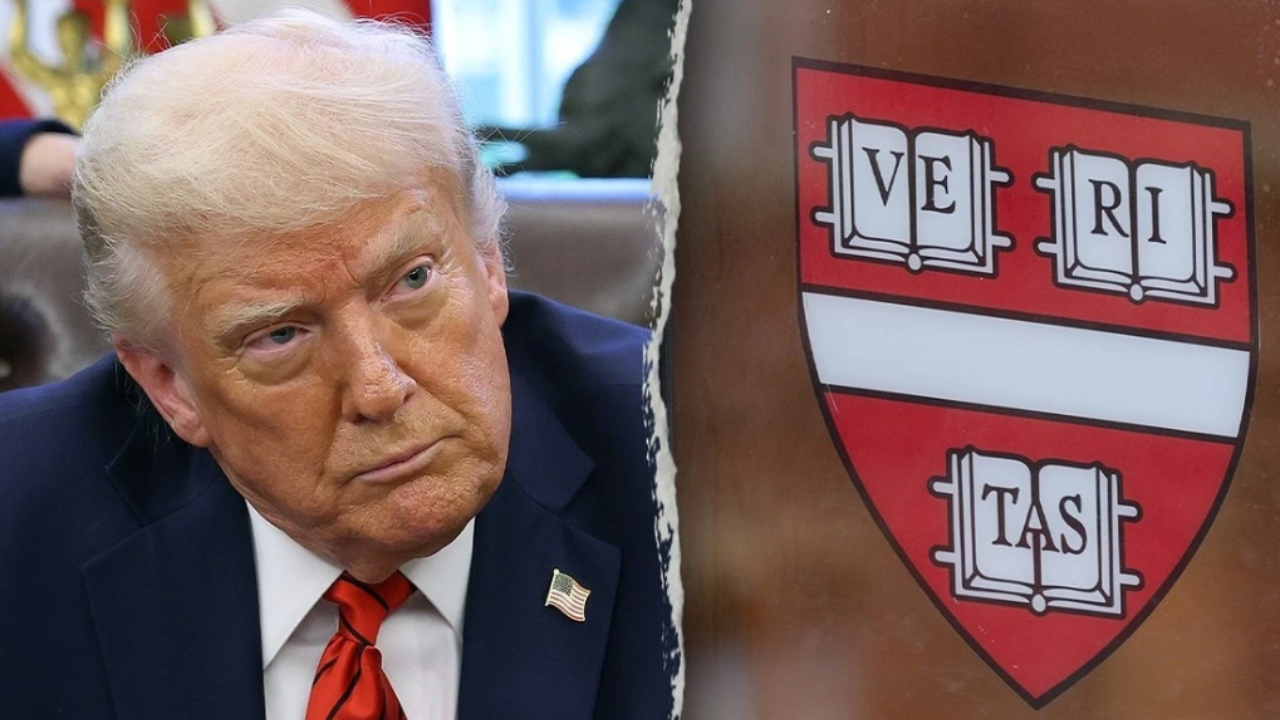In its recent confrontation with Harvard University, the Trump administration received an unfavorable ruling from a federal judge.
Federal Judge Allison D. Burroughs recently ruled in a lawsuit between Harvard University and President Trump, regarding Mr. Trump’s freezing of billions of dollars in funding for the school.
Specifically, the judge affirmed that Mr. Trump had violated the constitution and completely canceled the order freezing $2.6 billion in funding for Harvard University, according to The Crimson.

Ms. Burroughs also asserted that Mr. Trump’s cuts were retaliation against free speech, and argued that the government failed to comply with Title VI of the Civil Rights Act of 1964 by failing to notify, investigate and allow Harvard University to respond before ending federal financial support.
Accordingly, she issued a permanent injunction, preventing the Trump administration from re-imposing unconstitutional conditions on Harvard.
In her September 3 ruling, Burroughs said the Trump administration had used anti-Semitism as a “cover” for its attacks on top universities. She also criticized Trump’s “arbitrary and capricious” freeze orders, which lacked a clear evidentiary basis.
The ruling forces federal agencies to deal with Harvard’s stalled grants, a major advantage for the school as it continues to negotiate and fight quietly with the White House.
The White House reacted strongly to the judge’s ruling. Spokesperson Liz Huston said she would immediately appeal. Mr. Trump had previously tweeted that he would appeal if Ms. Burroughs ruled against him.
The confrontation between Harvard University and the Trump administration began in late March 2025, when the federal government imposed a series of conditions in exchange for funding. After Harvard refused, the White House cut $2.2 billion and continued to tighten hundreds of millions of dollars, forcing the century-old school to sue nearly a dozen federal agencies, claiming it was a retaliatory measure.
During the last hearing in June, Ms. Burroughs repeatedly expressed skepticism about the government’s argument, even calling the anti-Semitism “unbelievable.” She also stressed that while Harvard was slow to respond to anti-Semitic discrimination, that had little to do with ending the research funding.







